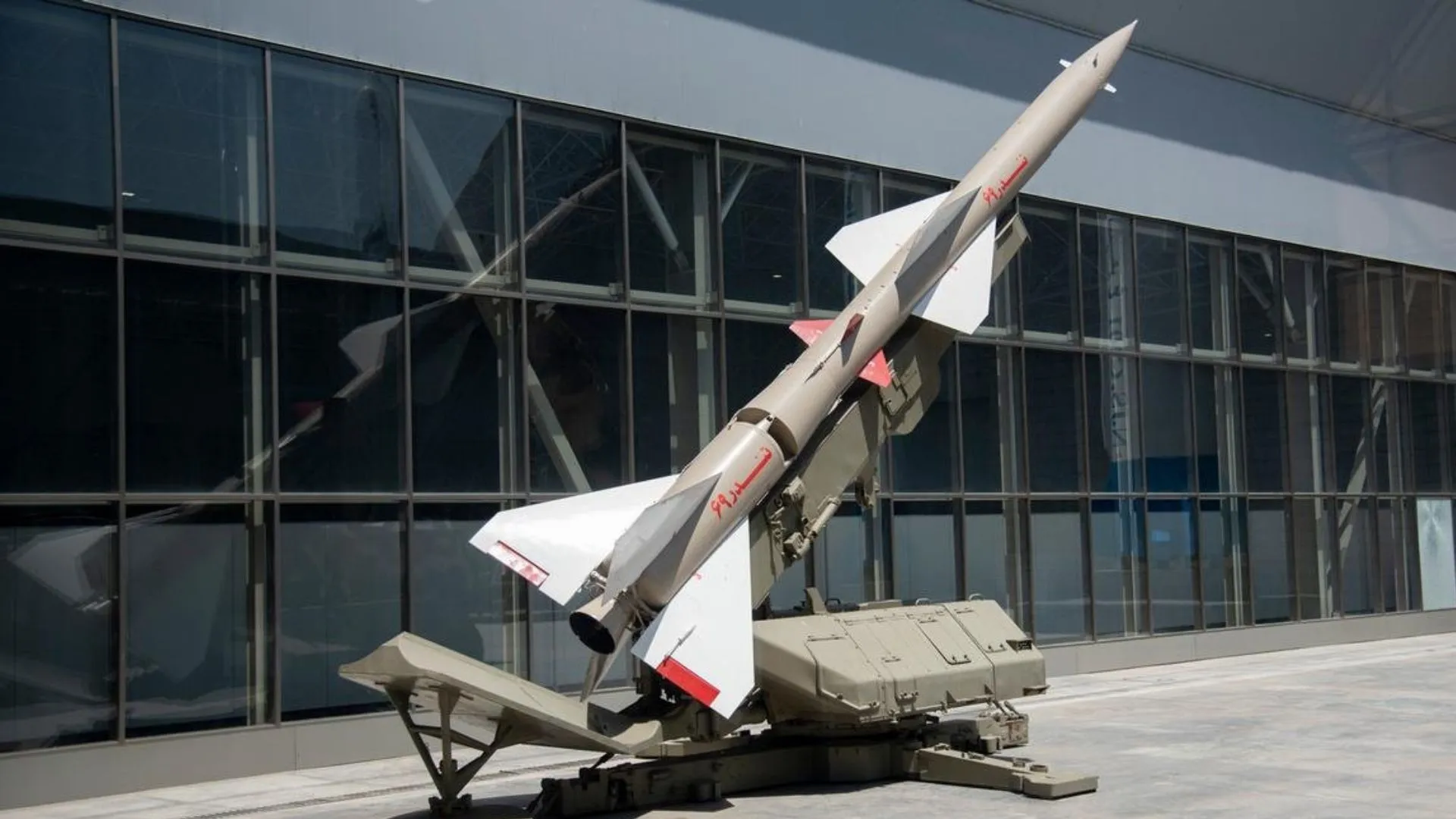The EU Sanctions Iran in response to the alleged transfer of ballistic missiles and drones to Russia. These sanctions target several Iranian individuals and firms, including high-ranking officials within Iran’s defense sector, who are accused of providing military support to Russia during its ongoing conflict with Ukraine.
The decision comes amid growing concerns over Iran’s involvement in the Ukraine war and intensifies international pressure on Tehran as it navigates its complex geopolitical alliances.
EU Sanctions Iran and Their Scope
The sanctions, announced by the European Council on Monday, affect seven individuals and seven entities connected to Iran’s missile and drone programs.
Notable figures on the sanctions list include Seyed Hamzeh Ghalandari, Iran’s Deputy Defense Minister, and high-ranking officials from the Islamic Revolutionary Guard Corps’ Quds Force.
Several Iranian companies, including national airlines such as Iran Air, were also targeted. These individuals and entities now face asset freezes and travel bans, which effectively cut off their access to European financial and travel systems.
European Commission President Ursula von der Leyen expressed strong support for the measures, stating that Iran’s military assistance to Russia is “unacceptable.” She emphasized the need for further actions, noting that the sanctions were a critical step toward holding Iran accountable for its role in supplying weapons to Moscow.
Read : Iran’s Top Military Chief Esmail Qaani Suspected to Be an Israeli Spy
Ukrainian Foreign Minister Andrii Sybiha also supported the move, adding that those who back Russia’s aggression against Ukraine must bear responsibility for their actions.
Read : Satellite Photos Show Iran Expanding Missile Production: Assessed by American Researchers
The EU’s sanctions align with broader Western efforts to restrict Iran’s ability to supply weapons to Russia. The European Union’s member states, excluding Hungary, have contributed significant economic and military support to Ukraine, totaling around 118 billion euros ($129 billion) since the onset of the Russian invasion in February 2022.
This latest round of sanctions is a continuation of that effort, aiming to curb Tehran’s involvement in the conflict by tightening financial and logistical pressure on those facilitating the weapons transfers.
Iran’s Denial and Response
Iran has firmly rejected the accusations of supplying missiles to Russia. On Tuesday, the Iranian Ministry of Foreign Affairs spokesman Esmail Baghaei issued a statement condemning the EU’s decision, calling it contrary to international law.
Baghaei emphasized that Tehran has not intervened in the Ukraine conflict militarily and that the claims made by European countries and the United Kingdom were unfounded.
These denials, however, follow similar rejections from Iran over the past months. Despite Iran’s insistence that it has not provided weapons to Russia since President Masoud Pezeshkian’s administration took office in August, the international community remains skeptical.

U.S. intelligence previously indicated that Iran had supplied Russia with ballistic missiles, which may have been used in the Ukraine war. President Pezeshkian acknowledged the possibility that deliveries could have taken place before his administration, adding to the ambiguity surrounding the timeline of weapons transfers.
The Iranian regime’s rhetoric has not prevented the intensifying scrutiny from the West. Tehran’s relationship with Moscow has raised eyebrows globally, especially given the recent reports of increasing drone and missile exchanges between the two nations. Iranian drones, in particular, have been spotlighted due to their extensive use in various military conflicts, including Syria, Iraq, and now, Ukraine.
Broader Implications for Iran’s Foreign Policy
The EU’s sanctions against Iran could have far-reaching consequences, both for Tehran’s foreign policy and its broader economic and military alliances.
These sanctions represent yet another chapter in the strained relations between Iran and the West, particularly after the breakdown of negotiations over Iran’s nuclear program in recent years.
The additional pressure from the EU will likely worsen Tehran’s already difficult economic situation, with the country’s economy struggling under the weight of U.S.-led sanctions for much of the past decade.
On a geopolitical level, the sanctions could push Iran closer to Russia, as both nations find themselves increasingly isolated from the West. Russia and Iran have shared common ground in their opposition to Western policies, but their cooperation in Ukraine’s conflict could potentially expand their partnership into other areas, such as military technology exchanges and regional security strategies.

Despite these developments, Iran’s foreign policy remains cautious, as Tehran is keen to avoid exacerbating tensions with the West unnecessarily. The Iranian leadership has repeatedly emphasized its desire for a balanced foreign policy, focusing on maintaining its regional influence while avoiding direct military confrontations with global powers.
However, the recent sanctions and international criticism could limit Tehran’s diplomatic room for maneuver, pushing the regime further toward strategic alignment with Russia and China in opposition to Western influence.
In the long term, the EU’s decision to impose sanctions might lead to an escalation of economic and political confrontations between Iran and Europe. Tehran’s rejection of the allegations and its refusal to back down in the face of these sanctions may signal a hardened stance moving forward.
Meanwhile, the growing convergence of Iranian and Russian military cooperation will likely draw closer scrutiny from both European and American policymakers as they seek to counter the perceived threat posed by this alliance.
In conclusion, the EU’s decision to sanction Iranian individuals and companies marks a significant escalation in the West’s attempts to curb Tehran’s influence in the Ukraine war.
As the conflict continues, Iran’s role in supplying missiles and drones to Russia will remain a contentious issue, drawing international attention and potentially reshaping alliances in the broader Middle East and Eastern Europe.
let’s enjoy few years on earth with peace and happiness….✍🏼🙏

